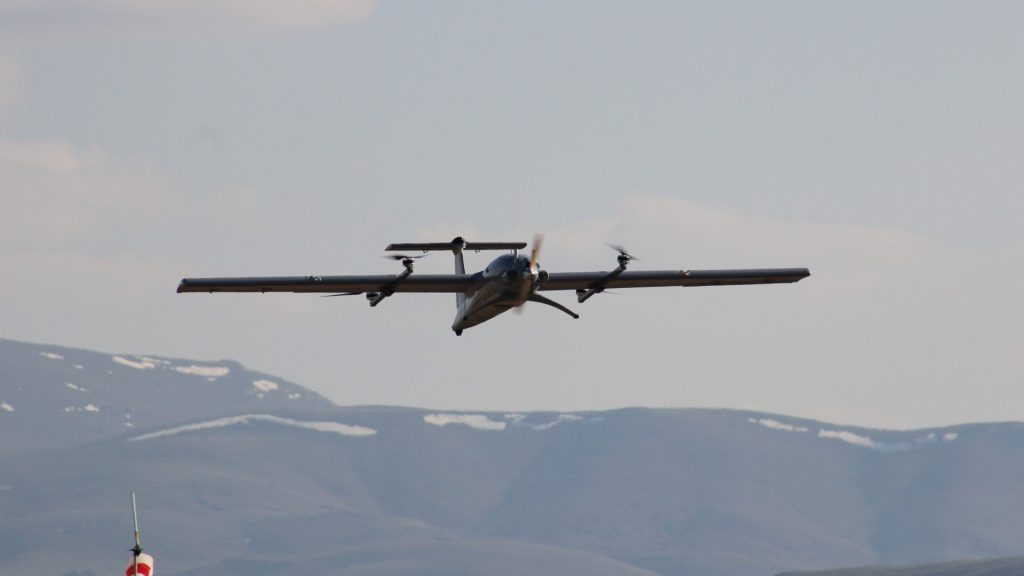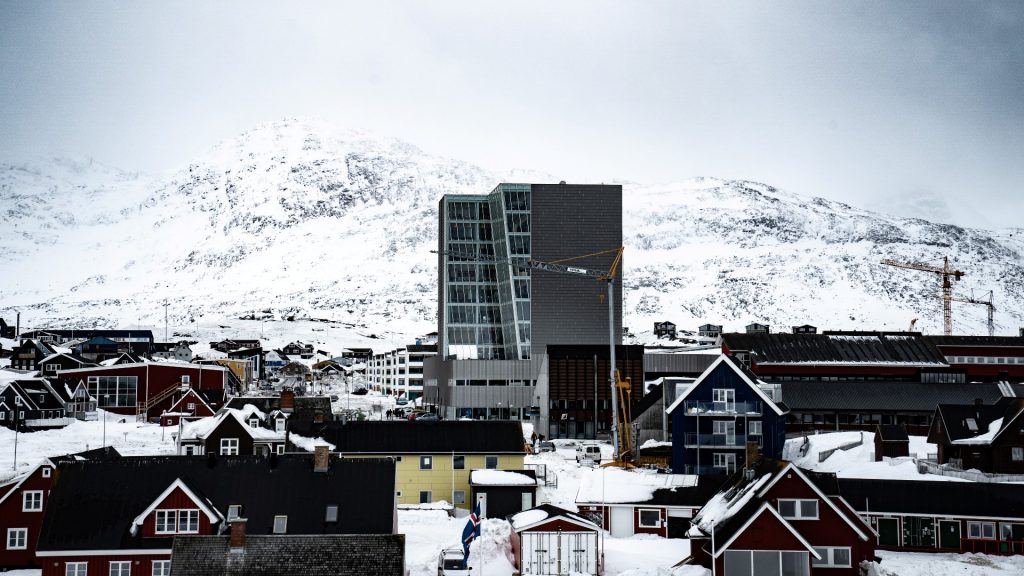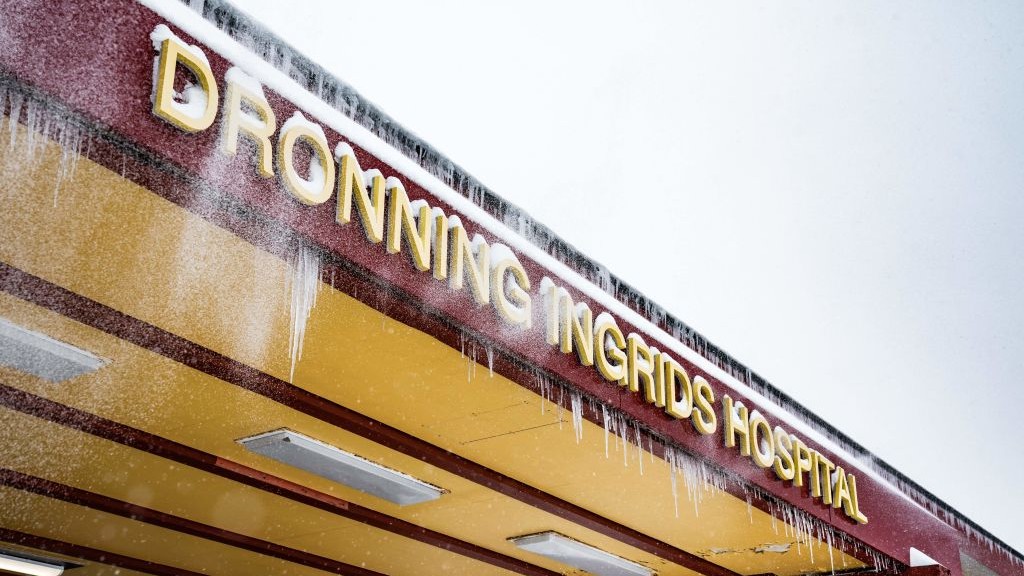Drones in Arctic health care? Greenland pilot project now underway

Greenland has launched a project this month that will see drones ferry medication and diagnostic samples between the capital city of Nuuk and small settlements.
Falck, a Danish company that provides health, emergency and ambulance services, is working with the Greenland Health Service on the project and says the experience will lay important groundwork for understanding how the technology can be integrated into providing care to remote regions.
“There’s incredible potential here in this collaboration with the Greenlandic health service,” Nicolai Sondergaard Laugesen, development director and head of drone projects at Falck, said in a phone interview.
“There’s a much different environment than in places like Denmark, Sweden and Germany and one of the reasons we wanted to do this project is to learn to operate in this kind of Arctic environment.”
No one at the government could be reached for comment for this story, but in a statement, the Greenland health service said the drone project was an important step in better serving the island’s small communities.
“We’re excited about how drones can contribute to our healthcare system and help citizens who live far from the nearest hospital,” Ella Skifte, the service’s chief nurse, said in a statement. “We’re currently working on ensuring a set-up that works well with the workflows and processes that our healthcare system has already built.”
‘Strengthening health efforts between settlements and cities’
The drones will be tested in the Sermersooq Municipality which includes the capital city of Nuuk.

There, they will run between the capital’s Queen Ingrid’s Hospital and the settlements of Kapisillit and Qeqertarsuatsiaat.
Kapisillit has a population of 52 people and is approximately 75km northeast of Nuuk and can only be reached by sea or air. Qeqertarsuatsiaat is approximately 130km south of Nuuk and is home to 169 people and is also not accessible by road.
“Greenland’s geography and settlement pattern pose special conditions and challenges when it comes to citizens’ access to health services,” Gert Mulvad, the regional doctor and chairman of the Greenland Center for Health Research, said.
“We look forward to gathering knowledge from the project, which can help strengthen health efforts between settlements and cities.”
Speeding up diagnosis and treatment
Doctors in Greenland say the drones could play an important role in providing quicker access to the health care system and improved health outcomes.
“A faster course of treatment can ultimately be of great importance in more serious cases of illness,” Jesper Olesen, the senior regional doctor in Sermersooq Municipality, said.
“I look forward to seeing how the drones can contribute to reducing the experience of distances in our region and hopefully help to raise our health.”

Integrating technology into current system
Because Arctic weather drains batteries extremely quickly, a hybrid battery/fuel drone was chosen.
It can travel up to 500km and operate in temperatures up to -20C.
Laugesen said the trial period will be about more than just how the technology functions.
“It’s not just about if the technology works and can the drone get from point A to point B,” he said.
“It’s about how easily can it be integrated into the current health care system. Who is going to receive the drones in the villages? Who is going to receive them at the hospital in Nuuk? There’s a lot you have to think about and the Greenland health service will decide if in the end what is best for them.
The drone pilot project runs until November 2022.
Write to Eilís Quinn at eilis.quinn(at)cbc.ca
Related stories from around the North:
Canada: New Canadian cancer strategy has focus on Inuit, First Nations and Métis people, CBC News
Finland: Finland’s elder care needs funding boost to meet Nordic standards: researcher, Yle News
Sweden: Drone delivery of Covid-19 tests being piloted in rural area of northern Sweden, Radio Sweden
United States: Indigenous students in Alaska get hands-on medical experience at nursing camp, Alaska Public Media



